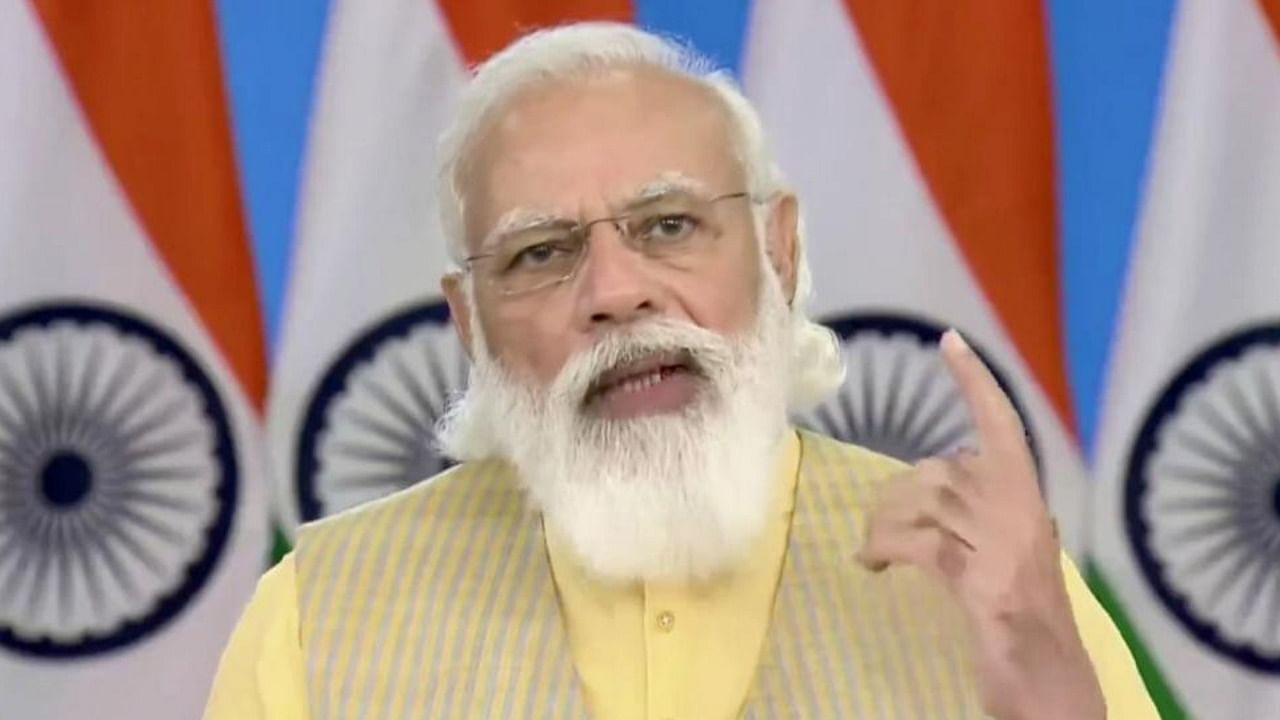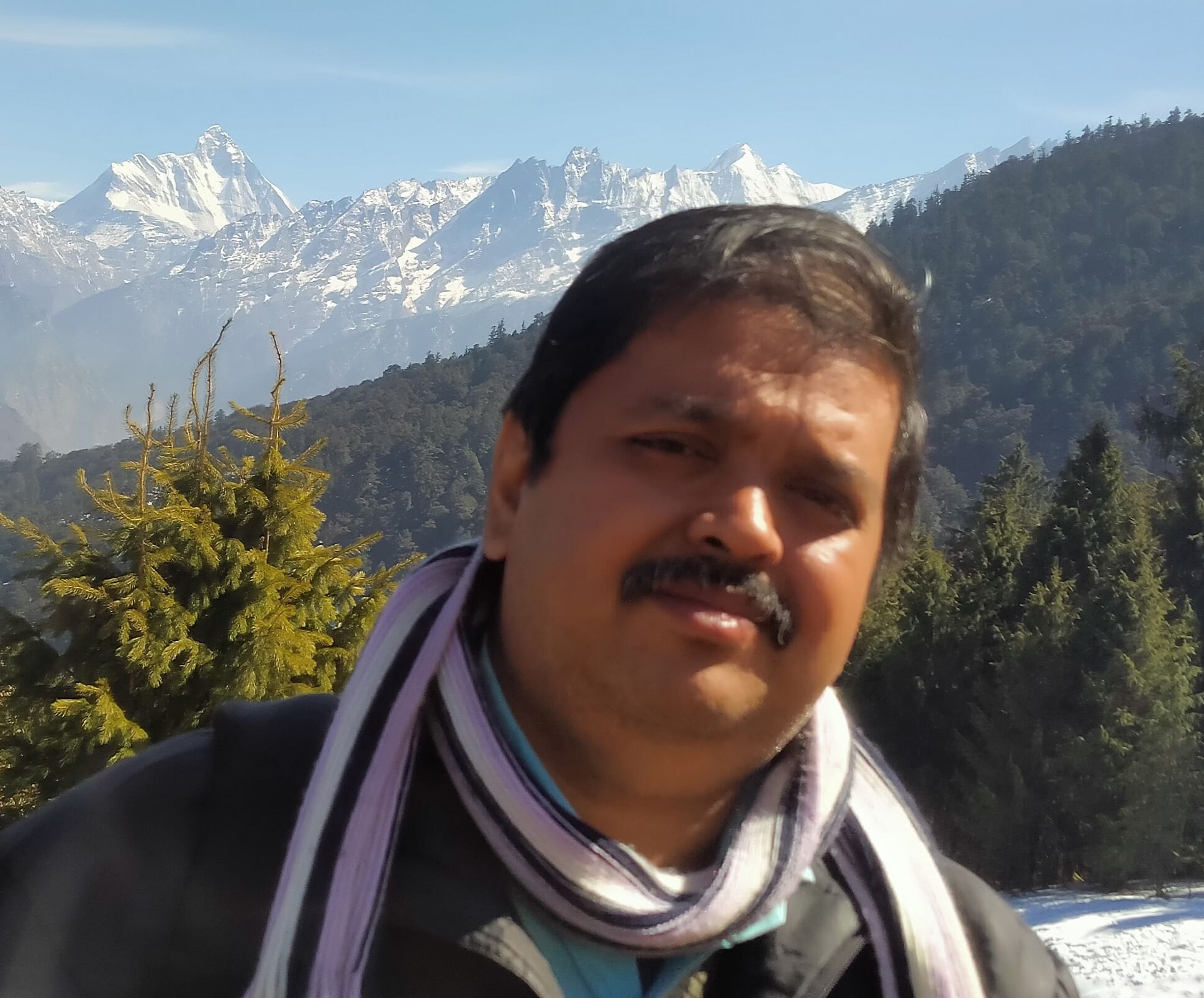
NPP Lok Sabha member Agatha Sangma, an ally of the BJP, has shot off a letter to Prime Minister Narendra Modi opposing the “unilateral imposition” of oil palm cultivation in the North Eastern states.
Recently, Modi had launched the Rs 11,000-crore National Edible Oil Mission-Oil Palm (NEOM-OP) to promote cultivation of oil palm in the North Eastern states and Andaman & Nicobar islands as part of efforts to reduce import dependence for edible oil.
“Palm tree is not an endemic species of plant of the North East Region and large-scale adoption of a foreign species of plant, which is water intensive, will definitely create irreparable ecological imbalance and distort the ground water table,” said Sangma, a former Union Minister and Lok Sabha member from Tura in Meghalaya.
BJP is a partner in the coalition government in Meghalaya led by Sangma’s brother and Chief Minister Conrad Sangma.
“I, therefore, register my opposition to the unilateral imposition of the NEOM-OP program on the people of the North East Region and request you to kindly have wider consultation with all stakeholders before moving forward with this decision,” she said.
Sangma flagged concern over the finer details of the NEOM-OP, that promote plantation of oil palms in the North East Region and the Andaman Islands, both of which are biodiversity hotspots and ecologically fragile.
“Palm plantations in all certainty will denude vast swathes of land of its forest cover. Loss of habitat for the endangered wildlife will have a devastating impact,” she said in the letter.
Sangma reminded the Prime Minister that North East India, though sparsely populated than the rest of India, is dotted with many ethnic tribes with their own cultural heritage and practices.
She said ownership of land was a centrality of any tribal society, which was also connected to the identity. In many cases, land is owned by the community.
“Widespread plantations for commercial gain in all possibilities will detach the tribesman of this prized possession of land and wreak havoc on the social fabric,” Sangma said.
